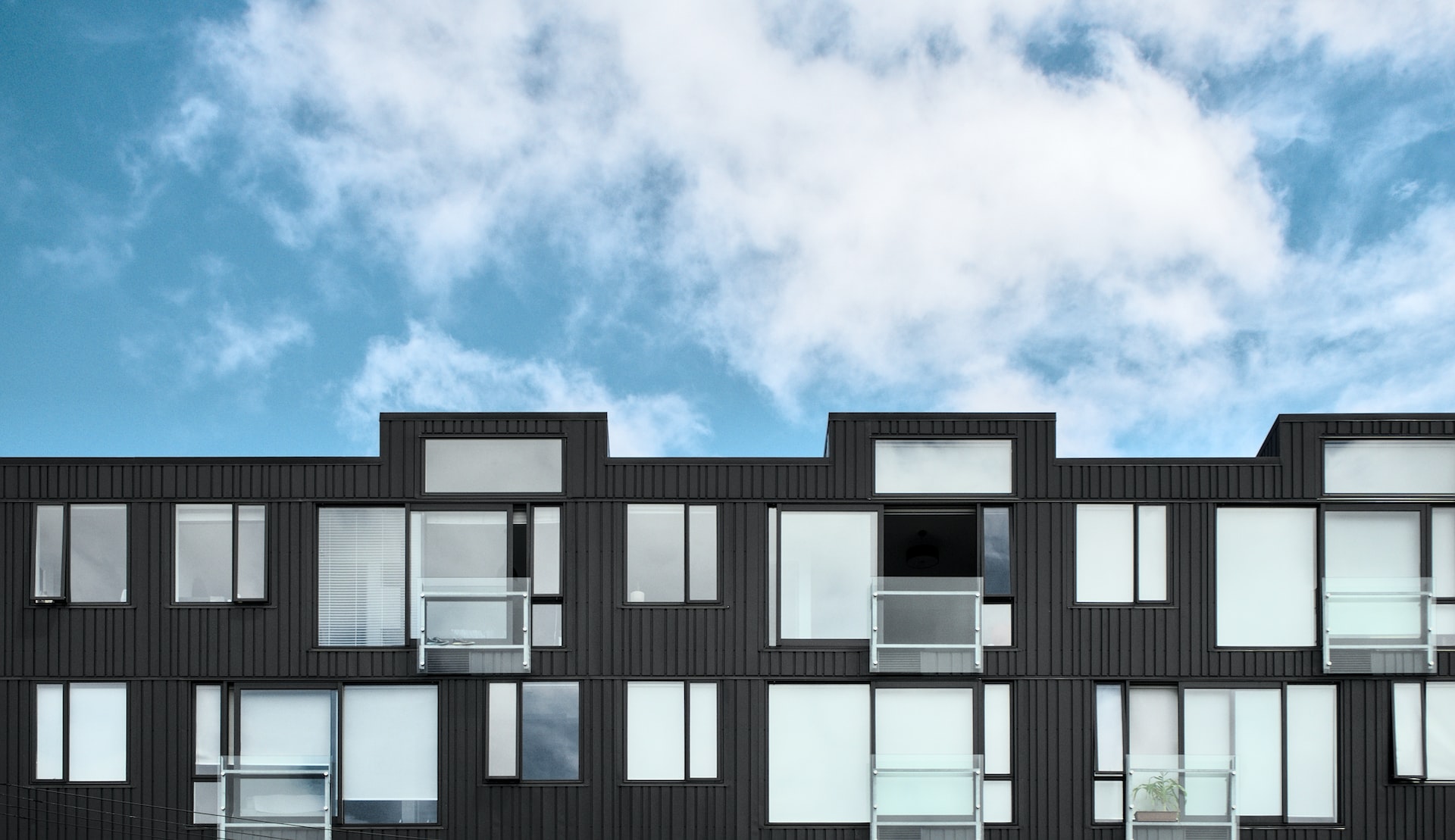Many savvy investors own rental properties and use them to accelerate their financial independence. These tangible assets provide significant advantages, such as positive cash flow, tax advantages, and lines of credit. You can make enough rental income to cover expenses, and the cash flow has several growth opportunities. You can hike rent prices, and once the mortgage is gone, it no longer hurts your cash flow.
You could also invest in stocks and other assets vs. real estate, but rising home prices and the asset’s status as an inflation hedge have attracted many investors. Of course, every investment has risks and disadvantages, but a passive investing approach can help you capitalize on the pros without experiencing the cons. Knowing these insights can help you properly balance the advantages and decide if a rental property portfolio is optimal for your financial goals.
Pros of Buying Multiple Rental Properties
Owning multiple rental properties gives you decent exposure to real estate. This position has several advantages that can strengthen your returns.
Multiple Income Streams
More than half of people cannot cover a $1,000 emergency expense. It gets more difficult to cover these expenses if you get fired from your job. Employees can reduce their chances of getting fired by performing well, but the decision is out of their hands. Businesses encounter hard times and may have to make challenging payroll decisions. Highly skilled workers got laid off during the Great Recession, and rising interest rates can increase layoffs in the future.
Losing your job can cause financial devastation. It can be overwhelming to hunt for a new job and worry about covering basic expenses. A rental property portfolio can alleviate this pain. Each house is an income source. You can tap into these income streams to stay afloat if your job’s income stream dries up. Having multiple rental properties also helps you weather vacancies if you keep your job. You can generate cash flow from your other properties as you work hard to fill an empty rental unit.
Steady Cash Flow
Rental property owners receive monthly rent payments from their tenants. This steady cash flow makes it easier to cover expenses and create an effective budget. You can consistently reinvest the proceeds into other assets to further diversify your portfolio. This cash flow can make your retirement more enjoyable since rental income can eventually replace your salary.
Higher Long-Term Return on Investment
Rental properties can produce attractive long-term returns between consistent cash flow and higher property values. Holding onto multiple properties accelerates these gains. For example, generating long-term returns with 10 rental properties is more enticing than only accumulating those returns with a single rental property. Stock investors follow the same concept. Many of them continue investing in stocks to expand their positions. By holding onto more assets, they increase their long-term returns.
Property Appreciation
Properties tend to gain value over the years and are reliable hedges against inflation. Population growth makes properties more desirable, and limited housing inventory increases the prices of properties on the market. Long-term trends can lead to a significant appreciation for people who buy and hold rental properties. In addition, the monthly cash flow will make it easier to hold onto properties and make a profit before you sell.
Risk Diversification
Putting all of your eggs in one basket is a risky investment strategy. Your entire net worth gets tied to a single asset. A crash in that asset can wipe out years or even decades of financial progress. Buying new properties spreads your risk. Owning several assets gives you more flexibility to survive an unprofitable investment.
Potential Tax Benefits
Real estate investors can access several tax benefits by acquiring rental properties. Property owners can reduce their tax bills with deductibles and property depreciation. These expenses grow as you accumulate more properties, resulting in more tax savings. As a result, you can protect your rental income and possibly put yourself in a lower tax bracket.
Market Stability
Rental properties offer reliable income and stable assets. Your property won’t dramatically soar or crash like Bitcoin or high-growth stocks. Some investors appreciate stability and consistent cash flow instead of incurring substantial risks in the hope of moonshot returns.
Cons of Buying Multiple Rental Properties
Buying rental properties can yield significant returns, but only if most things go right. A rental property portfolio exposes you to risks that can hurt your returns and cause stress. These disadvantages discourage people from starting real estate empires.
More Qualifications and Requirements
Lenders impose basic requirements for your first property. You will need a satisfactory credit score, debt-to-income ratio, and other essentials. As you take on more loans, a bank will look more closely at your portfolio and set more stringent requirements. If you want to own five or more properties, you must have enough cash reserves to cover six months of expenses. You will need those reserves after the down payment.
Lenders will be more stringent about your debt-to-income ratio, and you may have to make a higher down payment, up to 25% in most cases. Lenders set higher credit score minimums as you acquire more properties (i.e., you must have a 720 credit score if you have seven or more properties and want to purchase another rental).
Higher Interest Rates
Interest rates make your monthly mortgage payments more expensive. A single percentage point can increase your monthly payments by hundreds of dollars. The Fed is currently hiking interest rates to counter inflation, which can make rental property payments less manageable. The higher mortgage rate will hurt your cash flow unless you can put more money down or raise rent prices. You will also have to pay higher interest rates if you use home equity loans. This financing option can help you buy more homes, but those rates will increase your total costs. Raising your credit score can yield a lower interest rate, but those will get harder to find in the current market.
Higher Risk of Default and Over-leveraging
Leverage is the foundation for many real estate portfolios. Investors borrow money from the back and use rental income to keep up with mortgage payments. Some people can comfortably manage 1-2 properties on their current income, but these properties become less manageable if you have more than five units. You will soon have to rely on tenants continuing to pay rent to keep your properties and avoid defaulting.
Increased Recurring Expenses
Real estate investors encounter recurring expenses with any rental property. The lawnmower has to cut the grass, property managers will charge fees, and property taxes will never go away. You will also owe homeowners insurance on each property. You can compensate for these costs with higher rental income, but money can get tight if you have multiple vacancies.
It Takes a Lot of Time and Work
Real estate investing can turn into a full-time job. Tenants will call you with questions and concerns. Issues will arise, and you will have to fix structural problems. Some tenants can become troublesome and spark legal battles. Real estate can generate high returns, but if you want a passive investment, it’s best to avoid owning multiple rental properties.
Invest in Multiple Rental Properties with Lower Risks
Many investors would happily buy rental properties if they could minimize risks. These assets offer reliable cash flow and appreciation potential. However, most people don’t want to commit long hours to their real estate properties or risk default.







